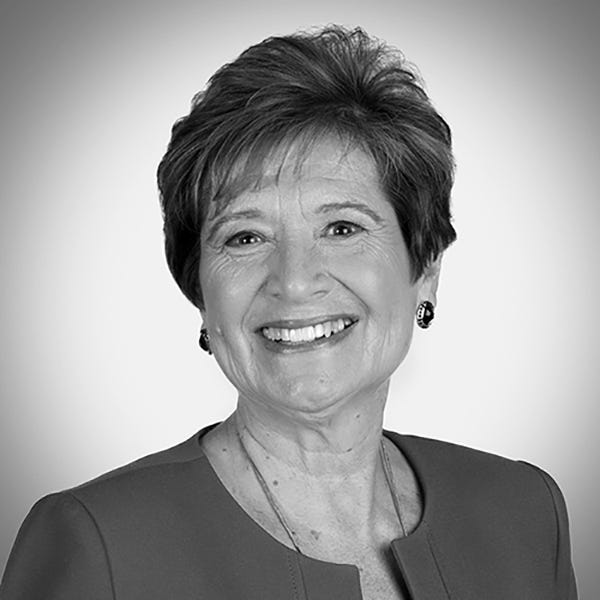2020
Driving a Business Through the Storms of Clinical Depression
If you are an entrepreneur who is struggling with depression, know that you are not alone and that recovery is not just possible, it is probable.
By Carol Kivler, MS, CSP, CMT
A theater veteran named Noel Coward coined the phrase “The Show Must Go On” back in the 50s; but I gave it new meaning in the 90s as it summed up my life better than any other cliché. I was the president of a very successful communications company providing international executive coaching and training. I was also suffering from medication-resistant clinical depression that landed me in the hospital to undergo electroconvulsive (shock) therapy. Running a business is challenging enough to begin with. Running a business during bouts of severe depression can seem impossible! But take it from me, it can be done.
Each time I speak to an audience about “living in recovery,” they are astonished to learn that the cheerful, successful, well-put-together woman standing before them was in a psychotic state twenty years earlier, and that between depressive episodes I went back to school, completed my master’s degree and opened my own training company. If you are an entrepreneur who is struggling with depression, know that you are not alone and that recovery is not just possible, it is probable; and consider the following tips:
Keep the show on the road
I encourage entrepreneurs to maintain their business during the storm, rather than closing up shop, because as difficult as it can seem in trying to wear the entrepreneurial hat during a severe episode, I believe taking that hat off may actually add to the depression. The trick is deciding what to do when the going gets toughest.
Like many entrepreneurs, I was blessed with managing my own calendar; therefore, I was able to spread out my obligations and make healthy lifestyle changes that kept me in wellness for longer periods of time. In other words, I scheduled downtime, gym time, working alone time, working with client time, marketing time, etc., and as a business owner, I had no one to answer to but myself.
Ask and it shall be given
Company leaders often refrain from asking for help afraid that they will appear weak or unorganized. During depressive episodes, it can seem even more difficult to ask for help as severe depression fools us into thinking we are misfits that no one can tolerate being around. And by alienating ourselves we actually fuel the depression.
Ask people for their help with personal and professional matters. When I needed hospitalization, I relied on my colleagues to service my clients and even write requested proposals. They were not only willing to help, my asking made them feel loved and valued, creating a win/win situation for all involved.
Stop trying to save face
Many business owners struggle with the nastiest of the depressive symptoms – fear of what others will think. “What if my clients find out? What will my staff think of me? What will this do to my reputation?”
I was so caught up in trying to save face that for a long time, I actually refused the only treatment that could help (ECT) until it was almost too late. Now I know better. By my fourth episode, I was willing to be more open with long-term clients about my illness. I don’t believe I ever lost a client based on my diagnosis; as a matter of fact, I believe I earned more respect by being candid. In some cases, clients were so thankful for my willingness to be frank about my illness, because they learned about depression and ECT through me and some were even able to finally open up about their own depression or that of a loved one.
It has been over 18 years since my last bout of depression, and I still enjoy running my communications company. My illness was a blessing in disguise, though, as I am now a passionate consumer advocate, author and speaker instilling hope in fellow entrepreneurs with the following message: Depression doesn’t have to end the business.

ABOUT THE AUTHOR :
CAROL KIVLER
Carol A. Kivler is a nationally recognized professional speaker (CSP), author, international executive coach/corporate trainer (CMT), owner of Kivler Communications with an MS in Human Resource Education. She is also a passionate mental health speaker, advocate and educator. Carol has successfully overcome 4 major bouts of treatment resistant depression and has been in sustained recovery for 18 years. Carol works tirelessly to overcome the pervasive stigmas and misrepresentations that surround those challenged by mental illnesses. She shares her lived experience and strategies for maintaining mental wellness. Follow her on Website, LinkedIn and Twitter.